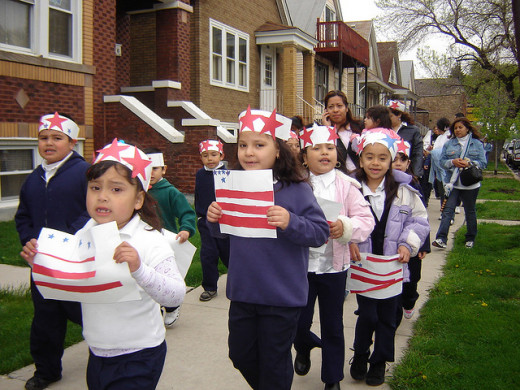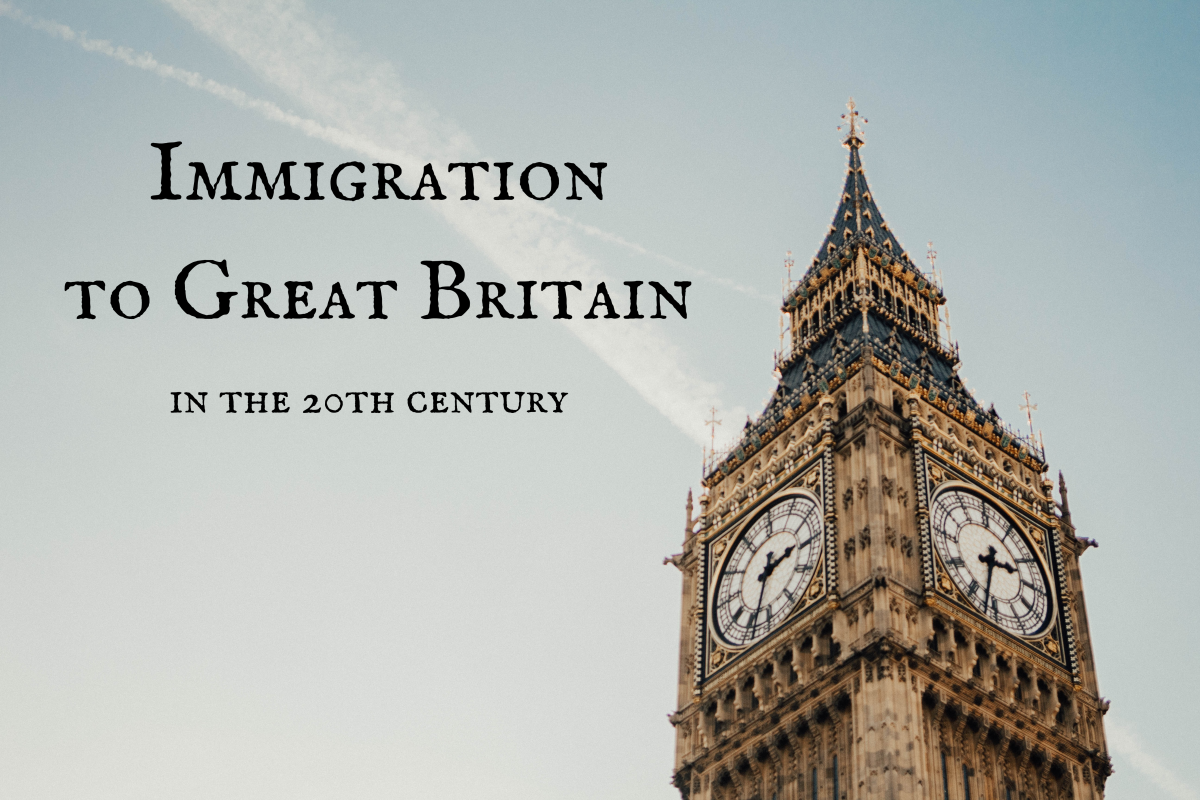Immigration, Race and School Conflict

There are many different perceptions on the affect immigration in having on society in the United States. Some believe that immigration is a positive movement towards expanding society’s horizons and creating a more diverse country. These people support the continuing additions of pro-immigration policies. Others believe that immigration is hurting society in the US by causing conflict and deteriorating the original premises on which this country was built. These people support state initiatives like Arizona’s that are closing borders up tight and creating policies against immigrants coming to the US to have children and then staying. Both of these viewpoints will be covered in this critique.
Summary
In his speech to the 2007 Midwest Political Science Convention, Joel Lieske (2007) makes issue that “the nation’s growing diversity [due to continued immigration] has the potential of eroding democratic traditions, undermining tolerance for others, increasing income inequality, and generating cultural conflict.” He defends this argument by saying that immigration is separating the country into those people that agree with the government on new immigration policies and those that don’t. Joel points out that this is increasing mistrust in the government, causing social neglect and separating society instead of bringing it together. He claims that the influx of illegal immigrants is bringing down the economy, essentially turning us into what he calls “the third largest ‘Third World’ country” (2007) in the world. His biggest claim for the conflict this is causing in all parts of society is that immigration is affecting American democratic traditions.

However, in her article, Crossing the Immigration and Race Border, Mary Romero (2008) discusses the negligence of researchers in pointing out the harm immigration is causing. Her ideas reflect an unfairness towards immigrants and the cultures they are bringing with them to this country. She feels like society is seeing conflict simply because the ways of others coming into our country are different. One of the points she makes is simply that this country was founded on White middle-class standards and that society does not like anything that does not follow these previously known standards. “The preoccupation with assimilation results in accepting White, middle-class standards as the norm and in regarding racialized groups as departing from the norm – that is, as deviant” (2008). In her article, she states that American society as a whole expects anyone coming into the country to assimilate into the cultural norms of the country rather than keeping their own backgrounds and cultures. She feels like this is unacceptable and unreasonable to be asking.
Quick Poll
What interested you in this article?
Analysis of Author's Key Points
It seems that both authors are making the same points in both of their articles. Lieske makes the point that because these immigrants are different and some people in society don’t like it, that they are causing a disturbance and disrupting American cultural norms. He sees this as a negative thing that is tearing the country apart and that needs to stop. Romero, however, finds that because immigrants are different they are being discriminated against and unfairly treated. She feels that just because they have different ways than the cultural norms in America, they should not be disrespected. She sees immigration as a positive thing; as increasing the diversity of the country. The conflict this is causing in her opinion is the fault of the citizens themselves making a big deal about it.
Personal Reponse
Much evidence can be found in both directions; those that are for immigration and those that are against it. As stated above, both authors are writing about the same dilemma and yet have two completely different opinions about it. It is difficult to find factual information about this topic seeing as how different opinions are all that can be found.
It really depends on how the problem is looked at to determine one way or another whether it is positive or negative. Both authors gave very valid points in their articles that are worth considering before making a decision.
References
Lieske, J. (2007). Can American Democracy Be Sustained? Immigration, Diversity, and Conflict. Conference Papers -- Midwestern Political Science Association, 2007 Annual Meeting. Retrieved June 26, 2010, from the ERIC Database at Liberty University: http://web.ebscohost.com.ezproxy.liberty.edu:2048/ehost/pdfviewer/pdfviewer?vid=10&hid=110&sid=4d0438f0-cd99-4a51-ad86-87bdaf7d5342%40sessionmgr112.
Romero, M. (2008). Crossing the immigration and race border: A critical race theory approach to immigration studies. Contemporary Justice Review, 11(1), p23-37. Retrieved June 26, 2010, from the ERIC Database at Liberty University: http://web.ebscohost.com.ezproxy.liberty.edu:2048/ehost/pdfviewer/pdfviewer?vid=10&hid=110&sid=4d0438f0-cd99-4a51-ad86-87bdaf7d5342%40sessionmgr112.
Quick Poll
What did you think of the article? Was it helpful?
© 2013 Victoria Van Ness








